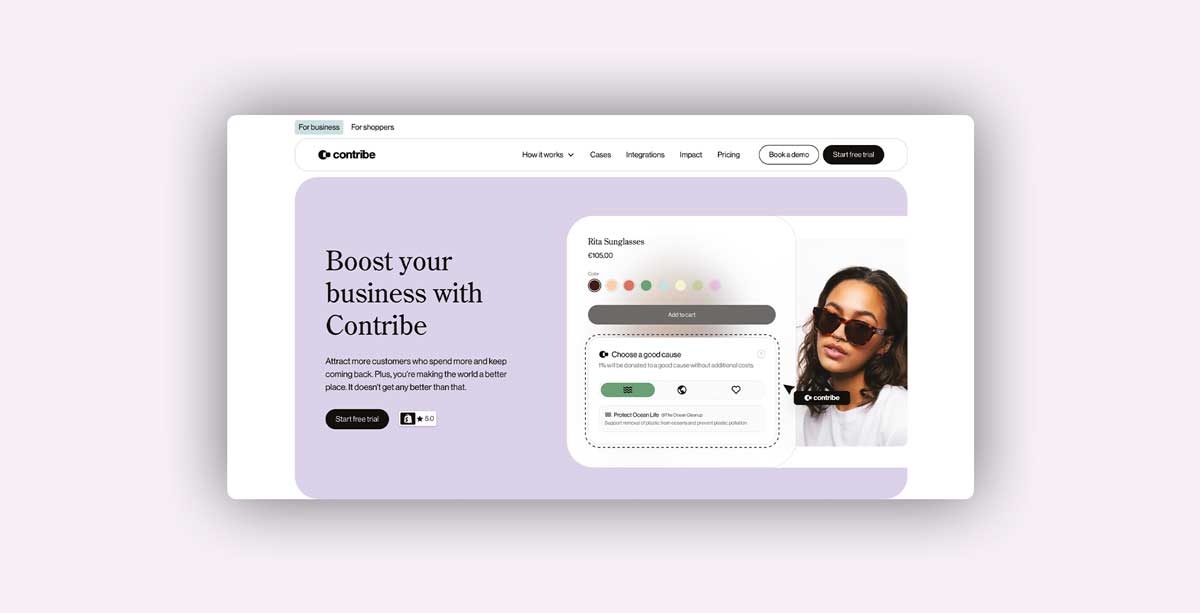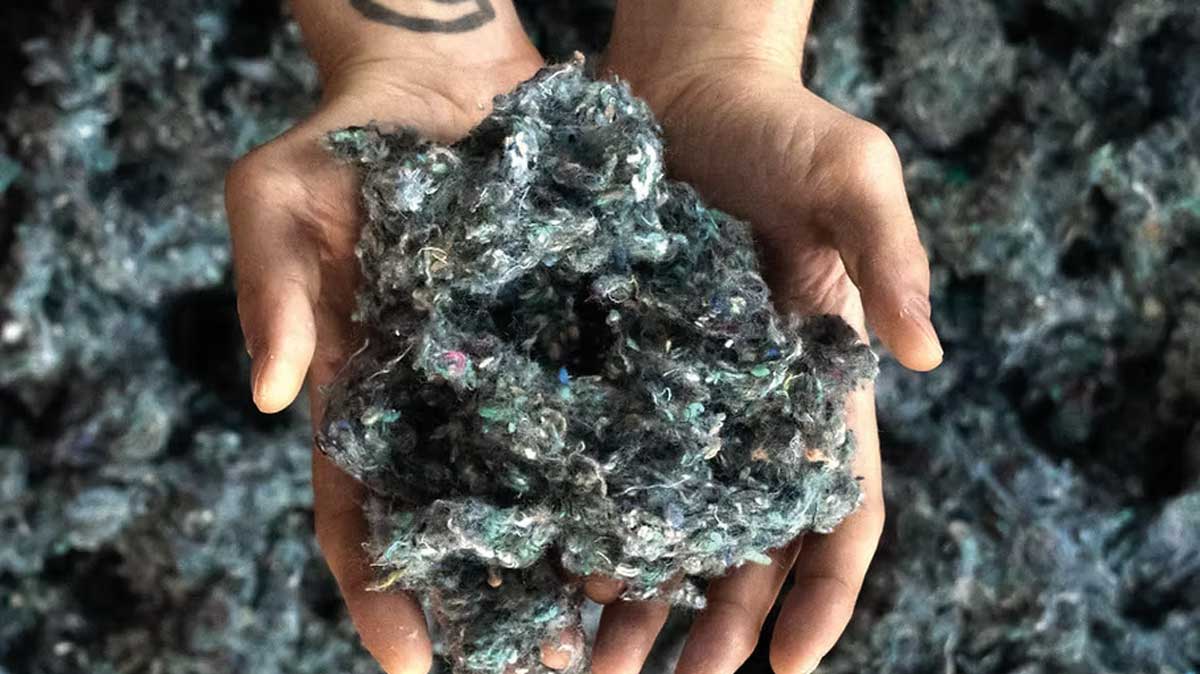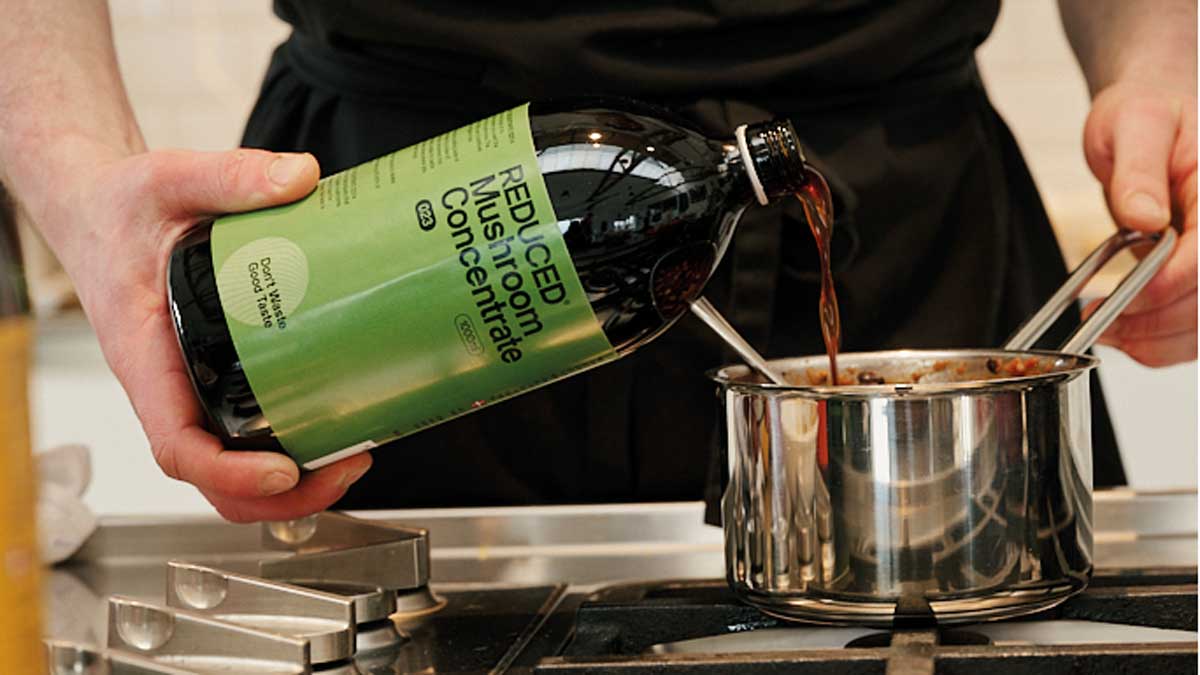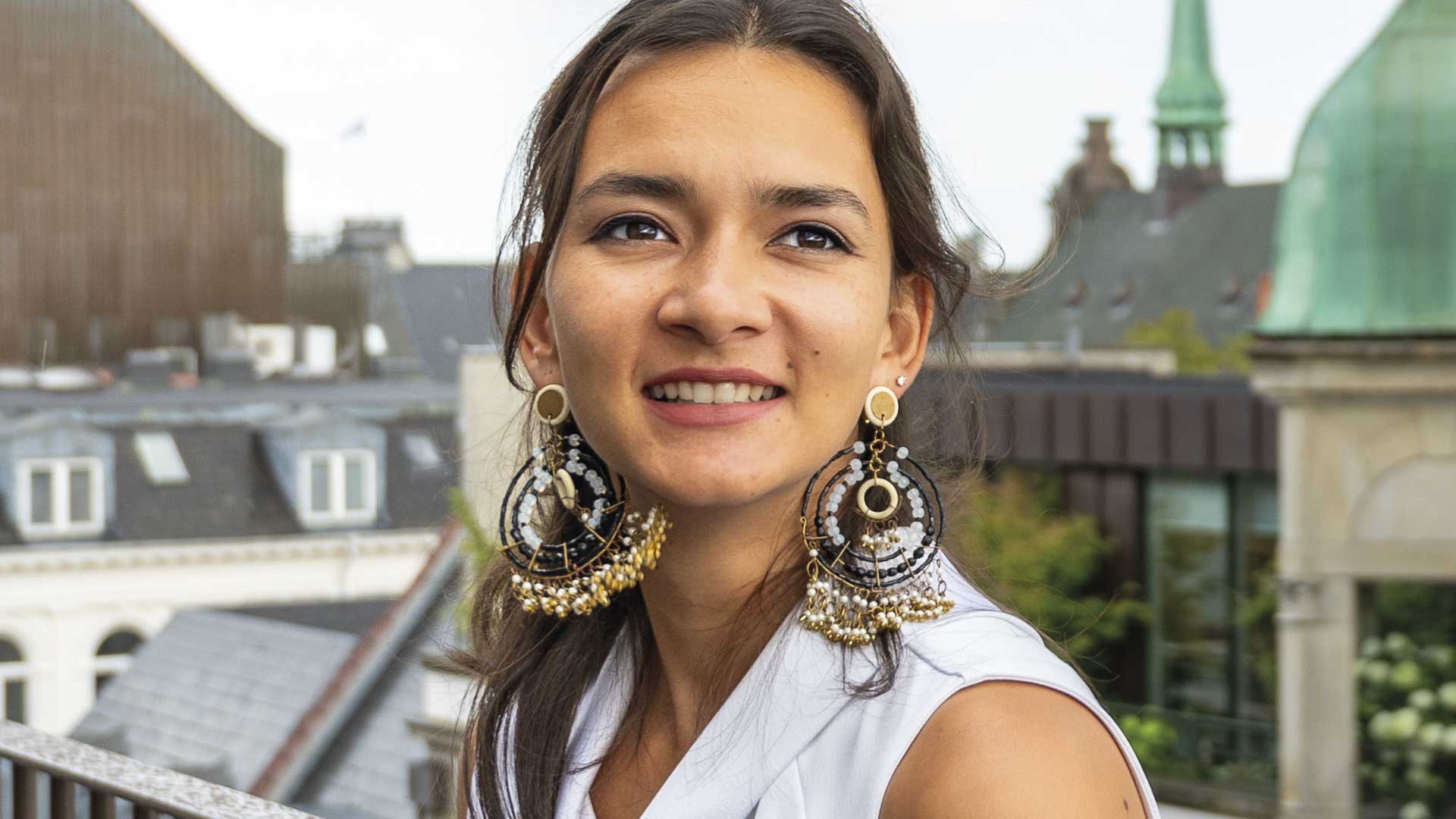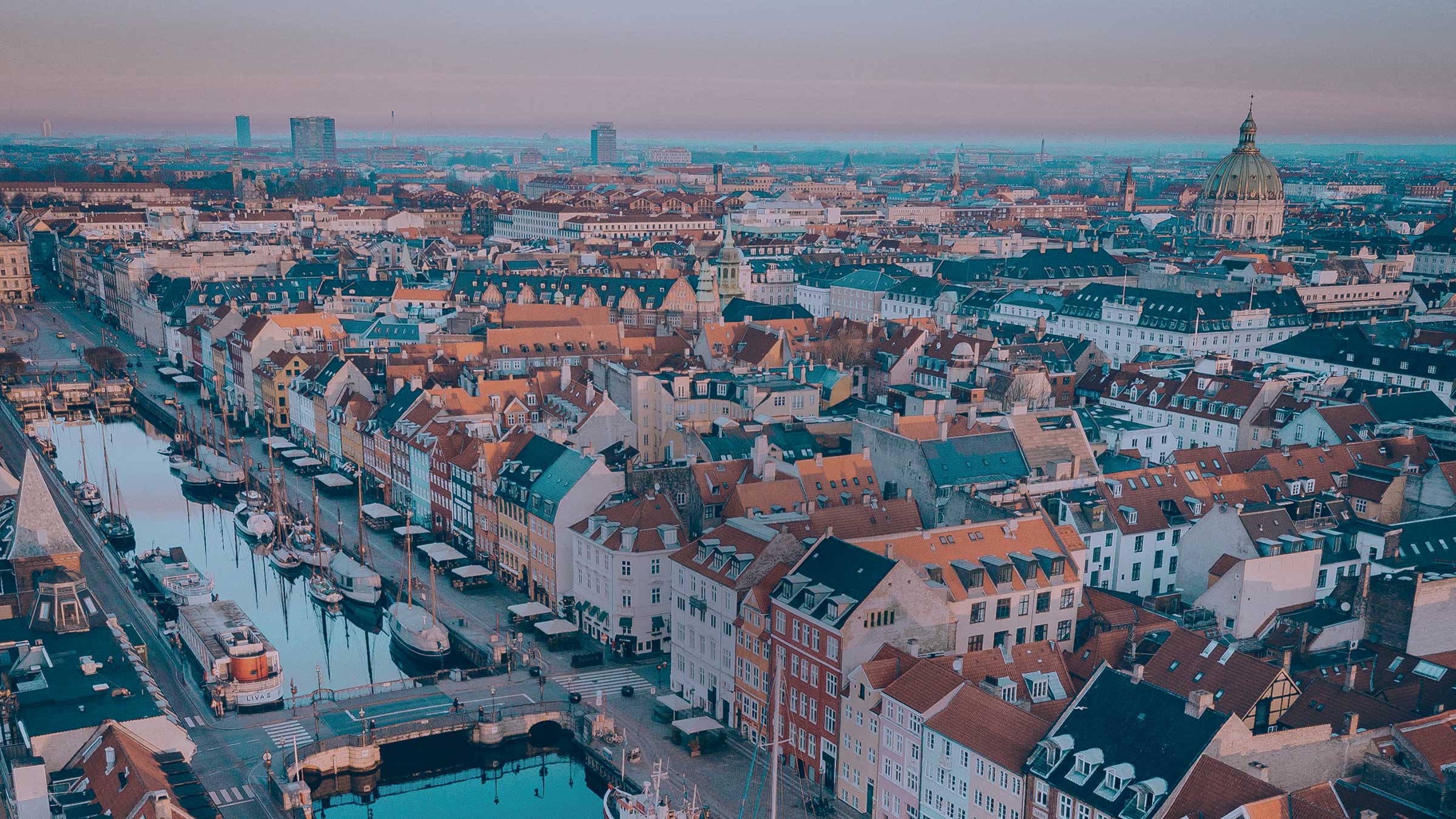
Copenhagen
Denmark
Copenhagen, Denmark’s capital, is a globally connected city and a key hub for Northern Europe. It combines a Scandinavian quality of life with strong access to EU and global markets. The city is home to thriving clusters in life sciences, green technologies and digital innovation, supported by organizations such as Copenhagen Capacity, which helps international companies to establish and grow in the region (visit copcap.com to learn more and get in touch).
Climate action, deeptech and international commercialism intersect in startups like Again (a carbon-utilization tech company that raised €39 million (~$45 million) in a Series A funding round), Copenhagen Atomics (thorium molten salt reactors that promise to deliver energy for half of the typical price from classic nuclear reactors) and Too Good To Go (a food‑waste solution with 63 million users). Copenhagen, the heart of Scandinavia’s knowledge-intensive economy, blends its maritime heritage – reflected in harbor-based startups and floating office spaces – with sleek urban design exemplified by CopenHill, an innovative waste-to-energy plant that doubles as a ski slope.
Copenhagen’s startup ecosystem thrives through deep public–private collaboration, supported by national instruments such as the Danish Growth Fund, Innovation Fund Denmark and accelerator initiatives like Beyond Beta. The city is recognized for its digital strength: in the Economist Impact Digital Cities Index 2022, Copenhagen ranked first globally for overall digital performance, while Denmark ranked second in the European Commission’s Digital Economy and Society Index (DESI) 2022, leading in connectivity and integration of digital technology, and ranked fifth in digital skills and eighth in digital public services.
A business hub with global ambitions
Copenhagen is home to major clusters in life sciences, clean energy and digital tech, and the city attracts professional talent and investment from all over the world. It supports international entrepreneurs mainly through Greater Copenhagen’s official investment-promotion agency, Copenhagen Capacity, helping international companies establish R&D centers, sales offices or headquarters in this region with zero-cost advisory services, and placing special emphasis on life science, tech and green-transition sectors. The city also supports startups and SMEs through Copenhagen Business Hub (Erhvervshus Hovedstaden), which offers free, impartial guidance on subsidies, digitalization, sustainability and internationalization.
Innovation ecosystems and startup enablers
Copenhagen’s diverse and mature innovation ecosystem is built around both sector-specific accelerators and multidisciplinary incubators. Beyond Beta, Denmark’s largest accelerator, has helped over 600 startups raise over DKK 3.3 million (~$500,000), with participating companies growing an average of 28% in staff during the program. Beyond Beta operates in collaboration with Accelerace, TechBBQ, Erhvervshus Hovedstaden and 13 sector clusters across Denmark (including Clean, Danish Life Science Cluster, Danish Sound Cluster), tailoring cohorts and mentorship to specific industries to support stronger connections between founders and the local ecosystem.
Symbion, part of Innovation District Copenhagen, is another relevant ecosystem supporter, providing flexible coworking, private offices, labs, demo spaces and networking for around 550 startups and scaleups, including programs in IoT, SaaS, agritech, biotech, hardware, healthtech and more. Symbion’s four campuses across Østerbro, Islands Brygge, Frederiksberg and Nørrebro offer a mix of facilities and community events, anchoring Copenhagen’s R&D and maker culture.
Copenhagen’s knowledge landscape is robust, contributing to a strong innovation ecosystem. Universities and applied science institutions, such as Copenhagen Business School, University of Copenhagen, Technical University of Denmark and Copenhagen Business Academy, together educate close to 76,000 students annually, with many of them engaged in entrepreneurship, digital innovation and biotech.
Sustainability as a founding principle
Copenhagen embeds sustainability at the core of its urban identity and policy, winning repeated praise in international rankings. The city was recognized by the UN as a top performer on the Sustainable Development Goals and by the World Bank for excellence in digital infrastructure and green city services. According to the City of Copenhagen’s Regnskab 2023 report, it has reduced emissions by approximately 78% between 2010 and 2023, and is on track for carbon neutrality by 2025–2026, having already reduced emissions by approximately 80% since 2010. This is visible in everyday life from CopenHill to floating solar arrays on reservoirs and harbor swimming zones that showcase regenerative infrastructure.
Copenhagen’s transport and energy layers reinforce this ethos. The city operates 385 kilometers (239 miles) of dedicated bike lanes, including 16 “cycle superhighways” connecting urban and suburban areas, often with separate traffic signals and green waves; and more than 60% of residents commute by bike daily. Municipal investment in cycling totals over €200 million (~$223 million) in the past decade, with consistent funding of around €10 million (~$11 million) annually to keep Copenhagen in the top ranks of global cycling cities. On the EV front, Denmark’s grid integration and EV policy have created a supportive context. Europe added more than one million public chargers in 2024, and Copenhagen’s charging infrastructure continues to expand in line with EU standards.
Public events also reinforce the sustainability-focused mindset. Many green conferences take place in the city, such as WindEurope, the UN Climate SDGs Conference and CO₂ Capture & Reuse. In 2024, CopenPay for tourists (which ran from July to August) encouraged eco-friendly behavior through an incentive-based pilot program; for example, by offering free ice cream for using sustainable transport. Urban planning initiatives also support sustainability, with neighborhoods such as Nordhavn being redeveloped to operate within the “five-minute city” concept, ensuring that the city's essential services and institutions, from schools and other institutions to grocery stores, are reachable within five minutes of home by either walking, cycling or taking the public transport – favoring human-scale infrastructure over cars. For founders, this means launching startups in an ecosystem engineered for low-carbon transport, resource-efficient infrastructure and civic action.
Facts and Figures
According to StartupBlink, Denmark’s startup ecosystem grew 31.3% between April 2024 and April 2025.
Copenhagen is Europe’s third-largest AI hub and is ranked 16th globally by the 2025 Global Tech Ecosystem Index.
As of mid‑2025, Copenhagen is home to 290 high‑momentum startups (defined by Seedtable as fast-growing companies with strong investment activity), collectively raising over $6.1 billion, averaging around $88.6 million per company.
Copenhagen ranks as the top city in EIU’s Global Liveability Index 2025 and #1 in the Happy Cities Index 2025.
The 2024 Corruption Perceptions Index ranks Denmark as the #1 least corrupt country in the world, and the WJP Rule of Law Index® 2024 places it #1 for labor rights regulations.
Startups
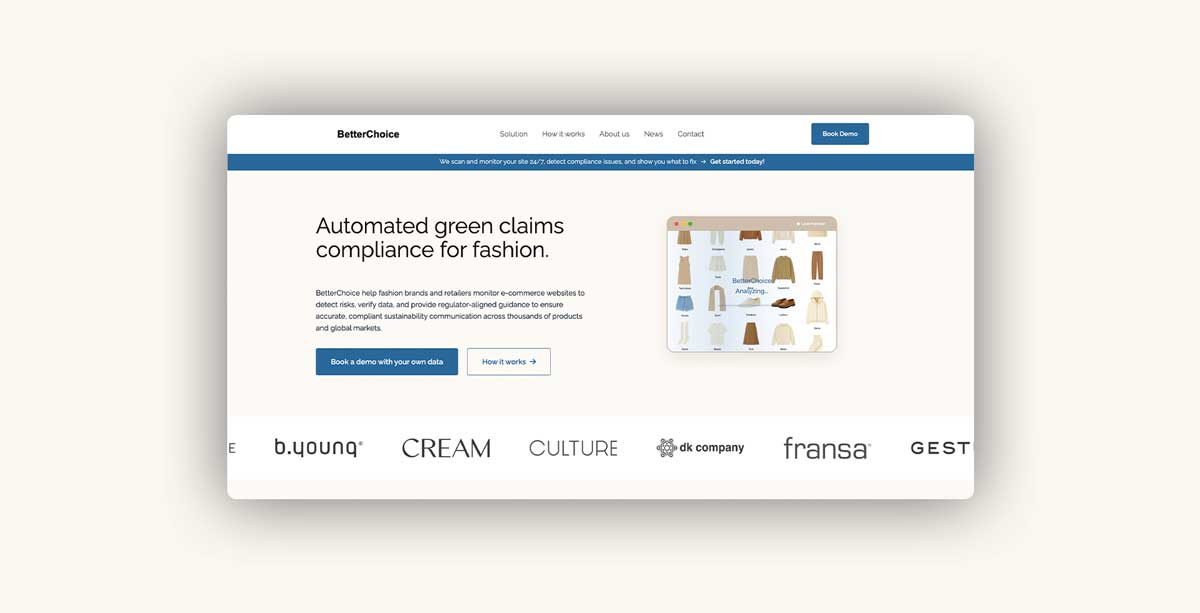

BetterChoice offers fashion consumers a digital sustainability compass. The browser extension and data platform provide real-time product insights, evaluating environmental impact, ethical practices and transparency, supporting responsible brands and industry accountability from the ground up.


The Endless Food Co uses microbial fermentation to transform byproducts from food production into delicious new products. THIC™ (This Isn’t Chocolate), a chocolate-alternative, is made using grain upcycled from the beer brewing process, avoiding the environmental issues of ingredients such as cocoa.
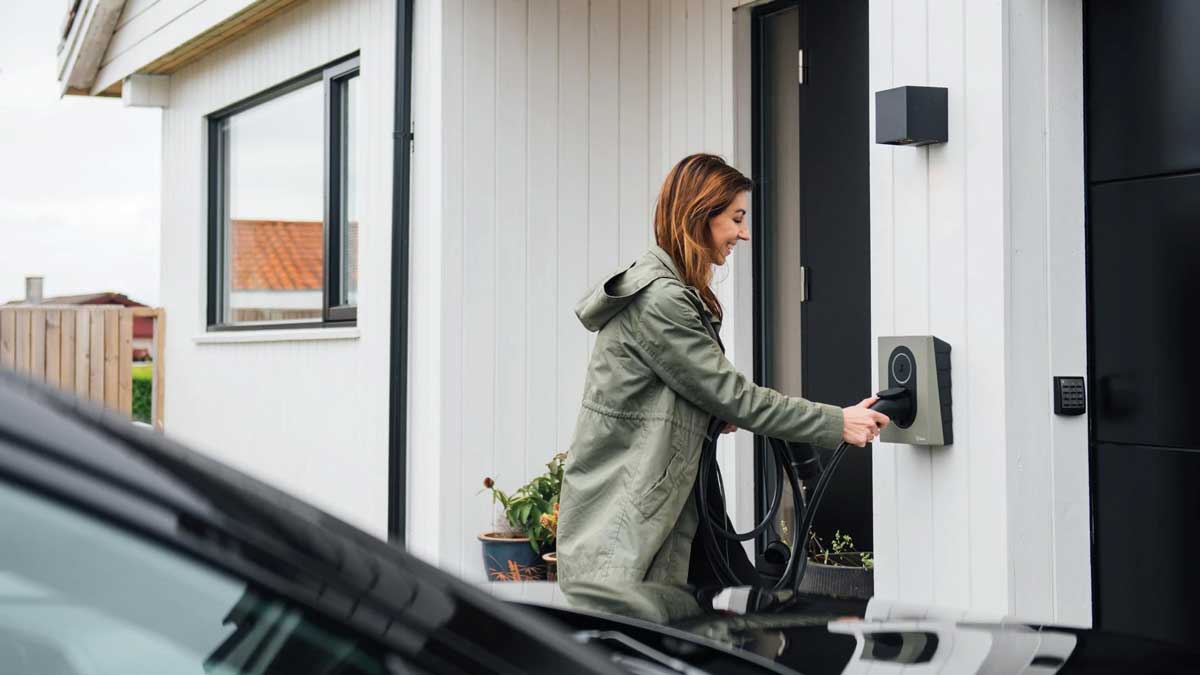

As a modern power company, Enkel combines simplicity, transparency and smart tech to help customers get the most from their energy. Its solution turns electric cars into an active part of the grid, saving money while supporting sustainability.
Interviews
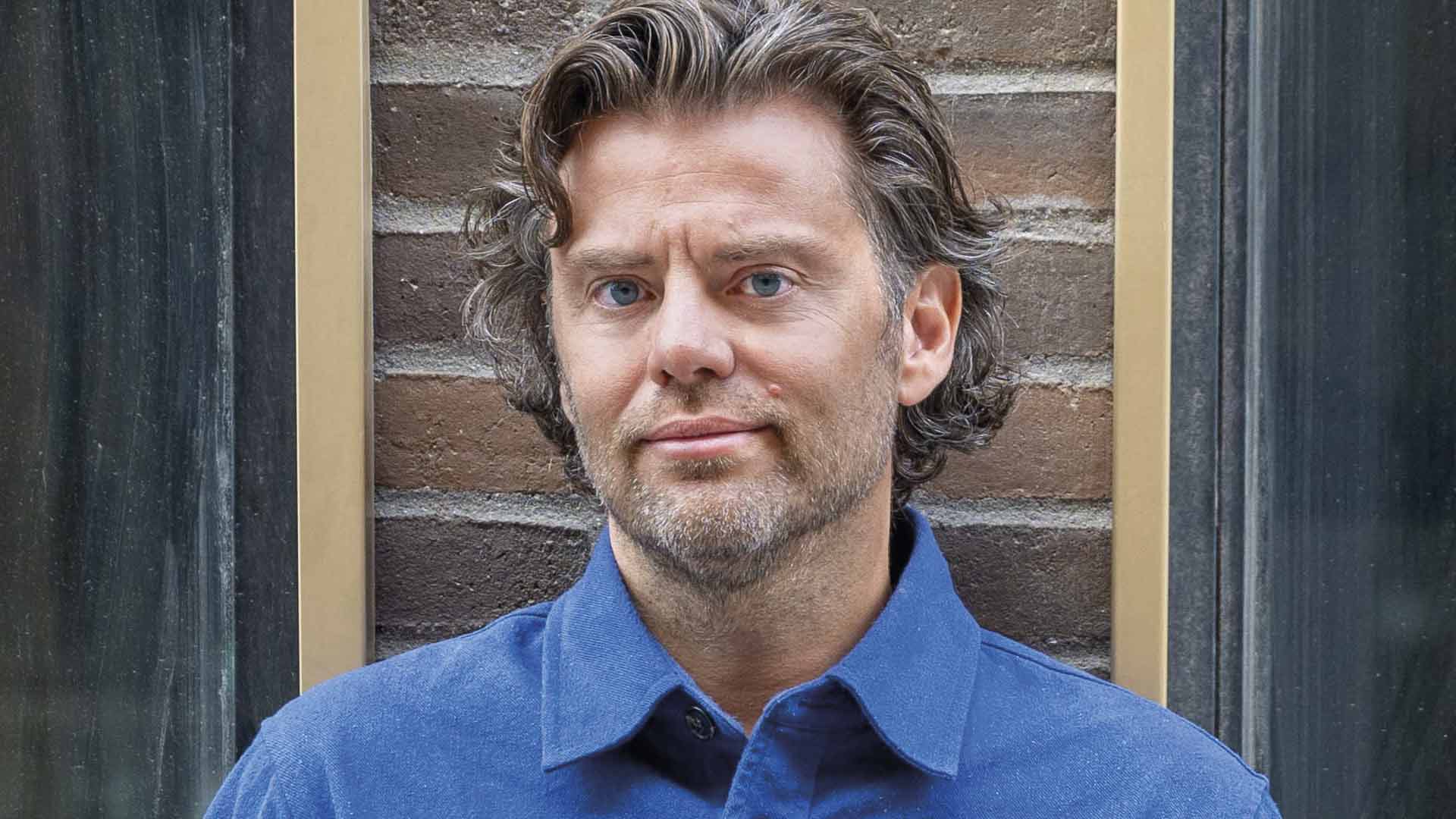
Kasper Hulthin comes from a long line of entrepreneurs making their mark on the Danish business landscape. His great-grandfather invented a type of plough, which started a family business that his grandfather and then father took over throughout the century.
Programs to know about
Early-stage startups in any sector
Denmark’s national accelerator, powered by Accelerace, TechBBQ and regional clusters, Beyond Beta, supports early-stage startups across sectors through a modular program structure adapted to each company. Participants receive hands-on mentoring, internationalization support and investor-readiness training.

Life science researchers and science-driven startups
This nonprofit accelerator funded by the Novo Nordisk Foundation supports early-stage life science startups working on solutions in human and planetary health. Through programs such as Venture Lab, Bio Studio and the Quantum Lab, BII provides up to €1 million ($1.1 million) in funding, access to labs and office space, and mentorship tailored to science-based innovation.

Ambitious early-stage founders (pre- or post-revenue) with a scalable idea
This deeptech innovation hub, affiliated with the Technical University of Denmark, offers growth programs for deeptech startups, such as the Danish Tech Challenge, GreenUP Accelerator, and MedTech Growth. Startups gain expert coaching, funding opportunities and access to industry networks.

Entrepreneurs and founders in sustainability
Infofounder, a 12-month accelerator run by Innovation Fund Denmark, is open to knowledge-based early-stage entrepreneurs. Designed to take entrepreneurs from ideation to financially stable business, it offers participants a year’s salary, access to development grants, and workshops, mentoring and network events.

Funding Opportunities
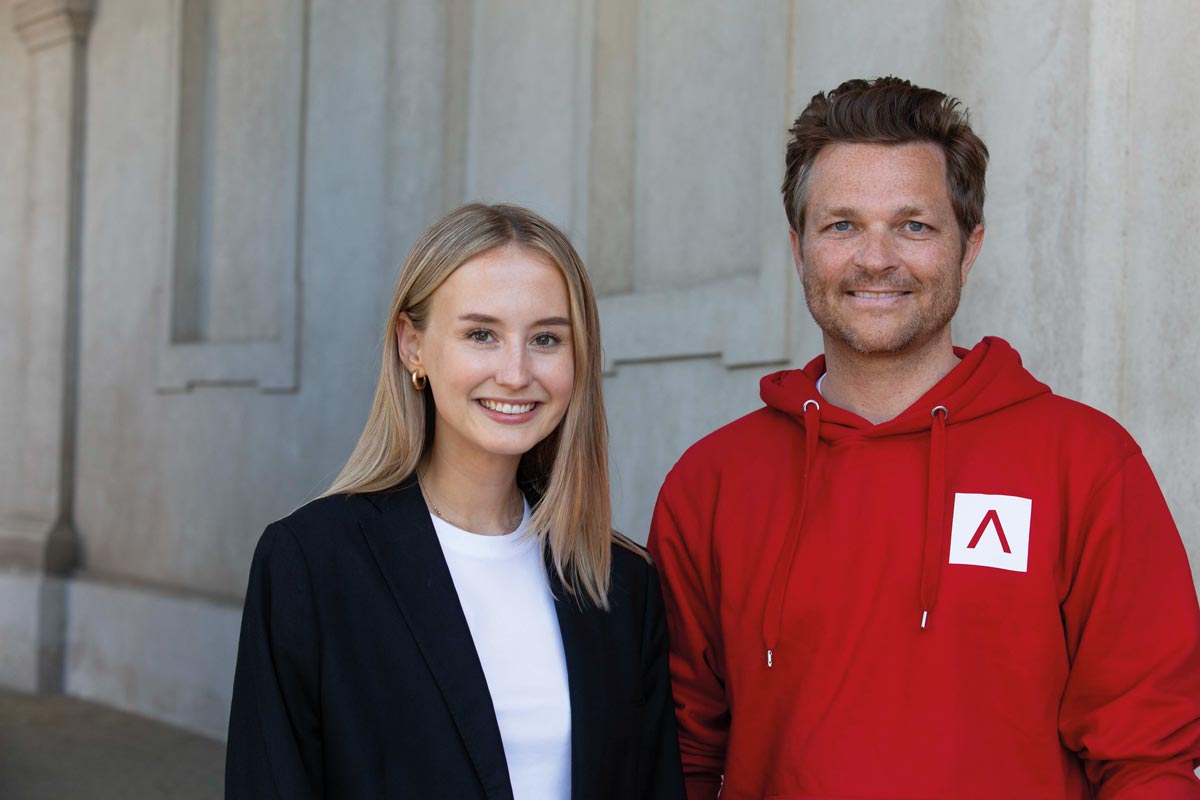

Antler, a global VC firm and startup generator, arrived in Denmark in 2021 and has supported up to 20 sustainable tech companies every year since. Through its programs, it helps entrepreneurs build and scale startups, providing funding, mentorship and access to a global network.
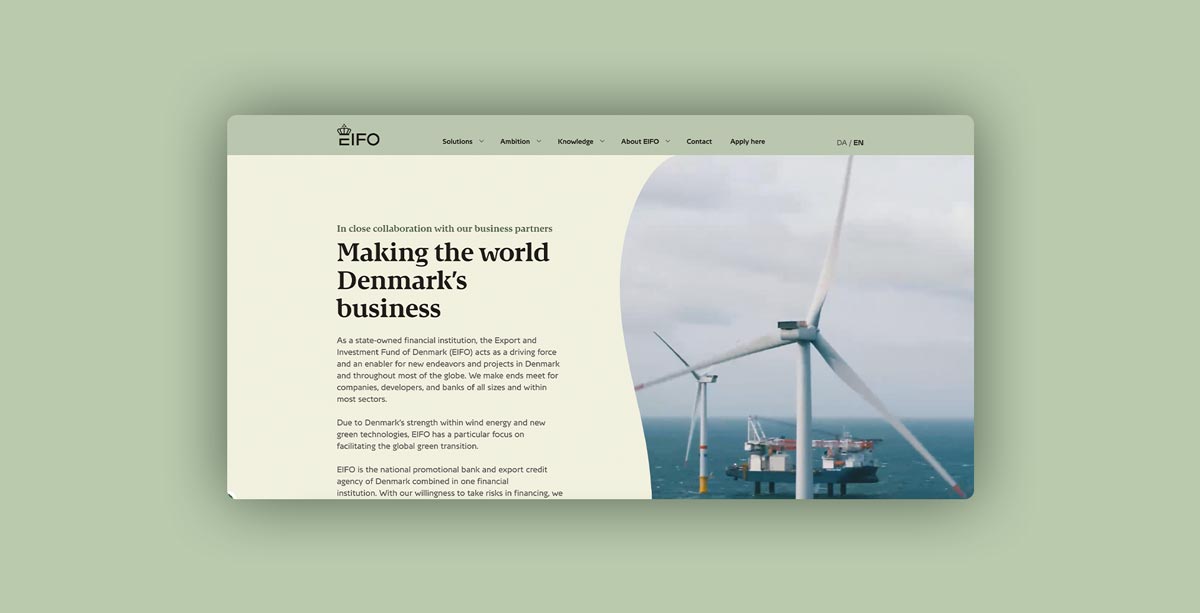

Denmark’s state-owned financial institution provides financing solutions to support Danish companies’ growth and internationalization. With a strong emphasis on facilitating the global green transition, EIFO offers loans, guarantees and equity investments to sustainable projects.
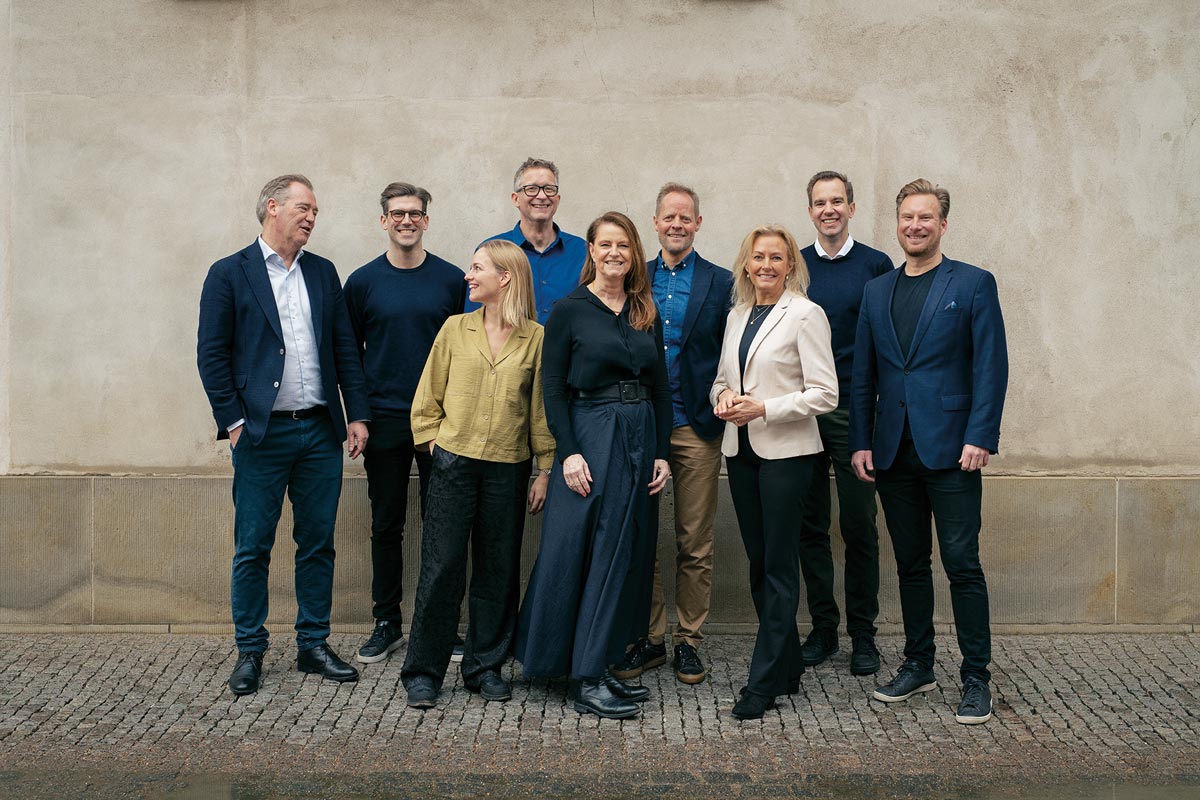

Seed Capital, Denmark's largest seed-stage VC fund, invests in technology companies from seed to Series A and beyond and has one of the strongest track records in Europe. It focuses on scalable businesses with early customer traction and exceptional execution capabilities.
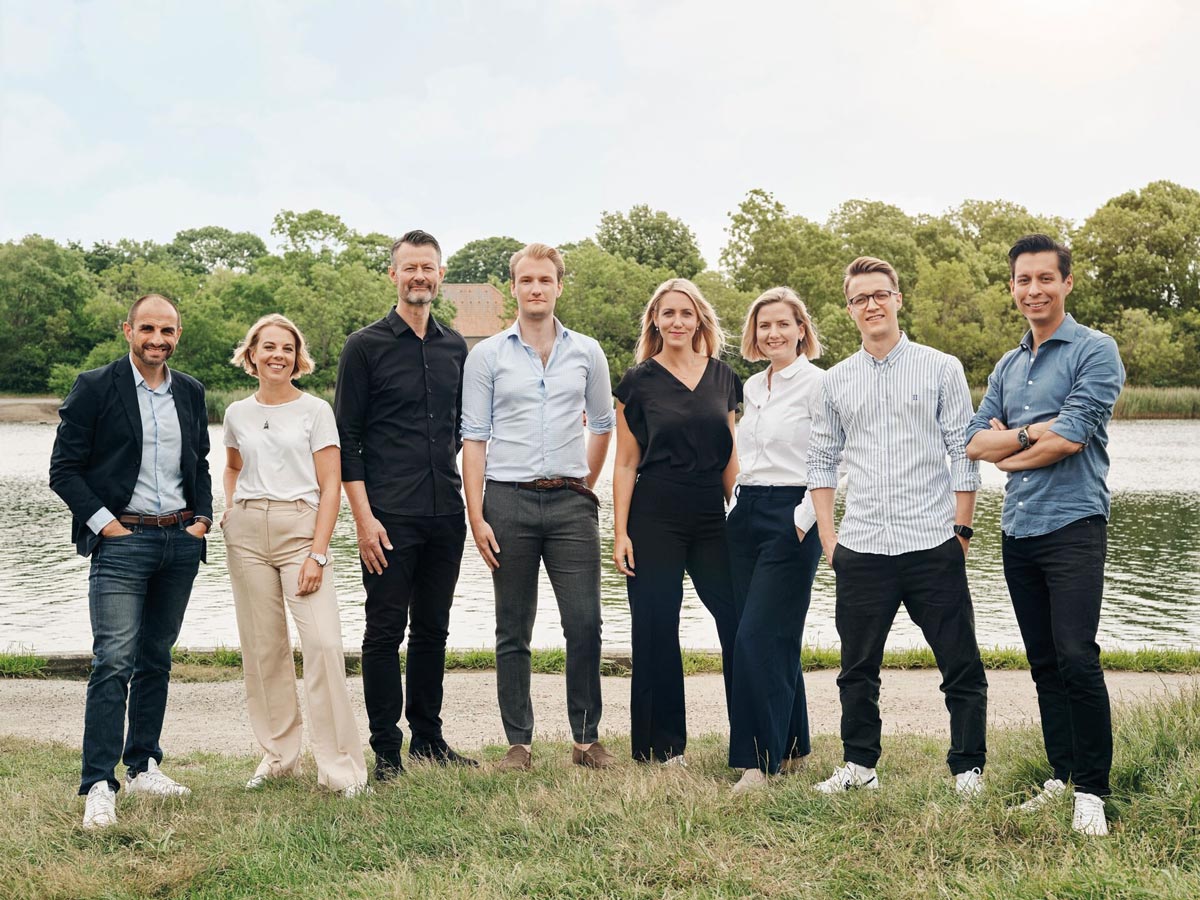

byFounders, a community-driven early-stage VC firm investing in globally ambitious teams connected to the Nordic and Baltic regions, emphasizes impact-aware investments and supports founders who aim to create a better tomorrow through technology and innovation.
Urban Impact Solutions
Bybi is a Copenhagen-based social enterprise that produces honey while fostering ecological and social regeneration. Founded in 2010, it manages urban beehives across the city in collaboration with businesses and communities. Bybi often trains and employs marginalized groups and promotes biodiversity by encouraging citizens to plant flowers for pollinators. Its work is grounded in a regenerative model where bees, flowers and people thrive together, making honey both a product and a symbol of inclusive urban ecosystems.

Circular Copenhagen is a cross-sector innovation initiative led by the City of Copenhagen to advance the transition toward a zero-waste, circular economy. It brings together public institutions, private companies and universities to co-develop scalable solutions aligned with the city’s Resource and Waste Management Plan. The program focuses on creating cross-cutting partnerships that tackle systemic challenges such as material reuse, smart waste management and sustainable production models, leveraging shared resources and applied research.

CopenPay is a sustainable tourism initiative by Wonderful Copenhagen in collaboration with a wide range of local partners, including attractions and the Municipality of Copenhagen, that rewards visitors for making climate-conscious choices while exploring the city. By biking instead of driving, taking the train instead of flying or helping to clean the harbor or urban gardens, visitors can unlock perks such as free museum entry, guided tours, vegetarian lunches and bike rentals. The program aims to promote thoughtful travel and reduce the environmental impact of tourism, aligning with Copenhagen’s broader sustainability goals.


